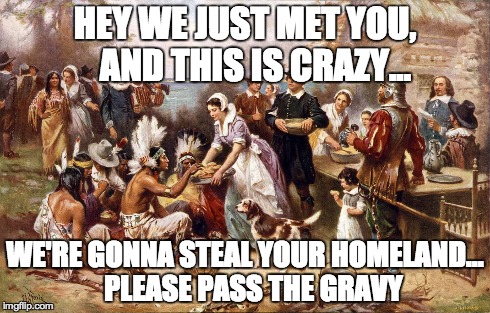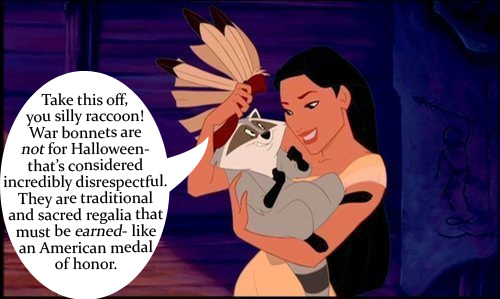Here's an interesting blog post from Everyday Feminism, focusing on a variety of strategies for responding to sexist microagressions in everyday conversations. Although this post focuses on sexist comments particularly, these strategies could be used when figuring out how (or if) to respond to microagressions of various kinds.
This blog post may be interesting to you if you've heard others make sexist, racist, homophobic, or otherwise discriminatory comments, but were unsure of how or if to respond. One interesting part of this post is suggestion #6 - say nothing. You'll note that the author of this post points out that members of a group targeted by a discriminatory comment or microagression shouldn't always have to point out the microagression or comment; that's a great place for someone who'd like to do ally work to step in.
What is a microaggression? Microaggressions are defined as commonplace daily actions or statements, intentional or unintentional, that communicate some kind of hostility or negativity towards people whose racial, gender, class, or other identities are non-dominant. For example, a microaggression may express hostility or negatitivty towards a gay student. The term "microaggression" isn't usually used to describe statements or actions that are clearly or openly racist, classist, sexist (etc.), but instead is used to talk about more subtle interactions.
Read more about microaggressions and what they are in the blog post from Everyday Feminism.
Unsure of what "ally work," "homophobic," or other terms used here mean? Check out the definitions page for more information.
As we head into the holidays, many people are asking how to talk to their families about privilege and oppression. Whether it's about advocating for your own identities or being an ally to other people, here are some helpful links to help you talk about privilege this holiday break.
How to Talk to Someone About Privilege Who Doesn't Know What That Is
Straight White Male: The Lowest Difficulty Setting There Is (in the "video game" of life)
Also, here's a comic for LGBT/queer people and their allies to read. It's centered around Christmas, which is not a holiday that everyone celebrates, but many sentiments still apply. (If you can't read it, click on it to go to the original site and see it larger.)

^The above image is from http://www.motherjones.com/politics/2014/08/10-insane-numbers-ferguson-killing, a useful post about Ferguson by the numbers.
Looking for more resources and facts while talking to people about Ferguson?
The Ferguson Masterpost: How To Argue Eloquently & Back Yourself Up With Facts
from the curator:
"We feel it’s critical to have conversations about social justice loudly, noticeably, personally as well as systemically, and eloquently*—in this case, specifically around Ferguson, #stoptheparade, #BlackLivesMatter, #IndictAmerica, and all the myriad things happening right now around police brutality and the devaluing of Black lives. We need to connect our struggles and see where they intersect, while not pretending that we all face the same issues (today I’m lookin’ at you, non-Black POC). To do this, we need tools, scripts, data—means of having and supporting these conversations, as well as our communities.
That’s why we’re here.
We want to give you tools to support that work and that dialogue. If you’re facing tough questions from friends, family, colleagues, or even perfect strangers, we hope this will help you answer them."

While Thanksgiving can be a great way to spend time with family, it's important to recognize its complicated history. Many of the "facts" Americans grow up with surrounding Thanksgiving are myths that ignore the perspective of Native Americans. Rather than continuing to render their perspective invisible, we need to reorient Native Americans at the center and illuminate the injustices inherent in the normative story of Thanksgiving.
Check out this article for a Wampanoag perspective of Thanksgiving (see the links at the bottom too!).
And this one, an account of the National Day of Morning from its founders of the United American Indians of New England.

from Feminist Disney
When picking out a Halloween costume this year, remember that dressing up is supposed to be fun, and that having fun involves taking care not to harm others in the process of choosing a costume. Some popular costumes are culturally appropriative, meaning that they take the aesthetics of culturally significant clothing or accessories and fail to respect the greater meaning behind them — which is hurtful to people of the originating culture.
Take a look at this article for a better understanding of cultural appropriation and of the difference between appropriation and exchange of culture!